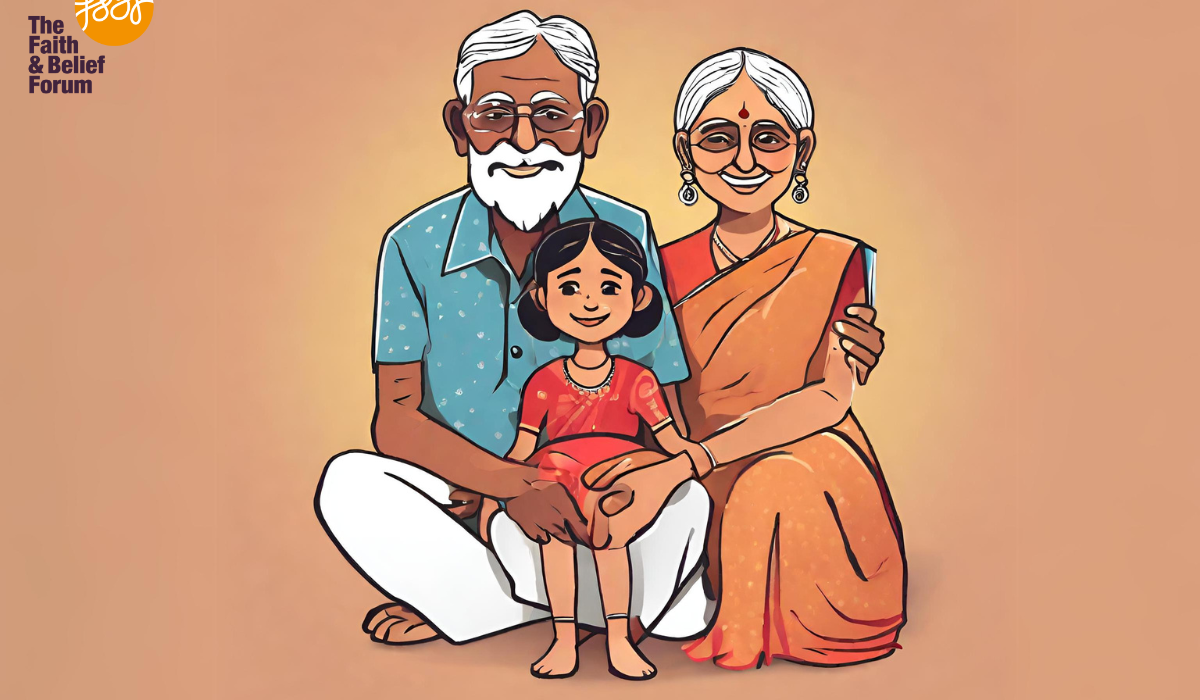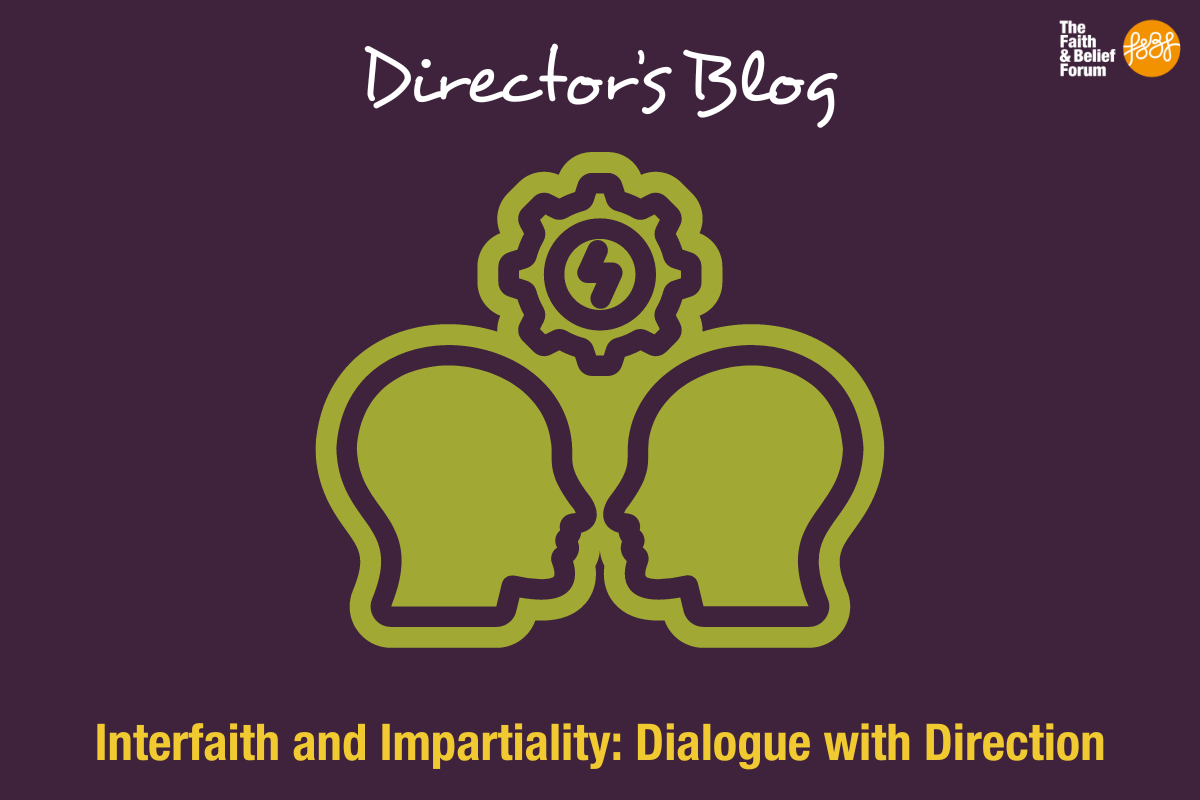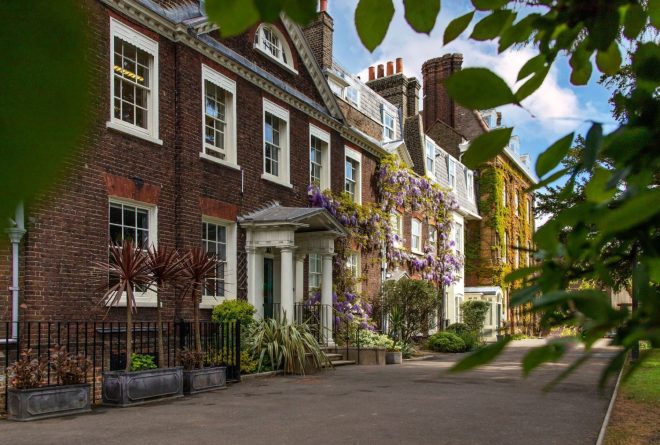
Challenging Faith Based Hate: True Stories
16 / 02 / 24
Menu

16 / 01 / 24

Tanisha Zaman
“If a young man honours an older person on account of his age, Allah appoints someone to show reverence to him in his old age.” –Prophet Muhammad (saw) as quoted in Sunan Tirmidhi
Nan and Grandad. Or maybe Nanny, Pop, Gram, Gramp, Abuela, Yaya or in my case Nanu and Nunu. Nan and Grandad are staple titles in most households, despite this I have found a a lack of explicit Islamic literature regarding grandparents. That does not preclude their significance in many people’s lives.
After conducting independent research, I have created a brief analysis on the importance of grandparents within Islam – which stems heavily off my own love for my Nanu and Nunu. Without my anecdotes my research holds minimal significance, its importance stemming from individual love for one’s grandparents. Our grandparents, those supra-parental figures, leave lasting legacies in our lives, from the way we understand our roots, values and faith to the childhood memories we cherish throughout our lives.
Nanu and Nunu, in hereditary terms means my mother’s parents; but in anecdotal terms it is so much more. My Nanu and Nunu are not just people, but they are what I’d call a super noun. Perhaps this term has all the book worms scratching their heads – I would like to assure you that it is no more than a self-manufactured term, however that does not subtract its credibility. I define a super noun as a noun that meets multiple criteria’s – a person, place or thing.
My Nanu and Nunu are more than just people, my grandparents are both places and things too.
My Nan is the coolness of her wooden floors, juxtaposed by the warmth of my favourite home cooked meals, prawn curry, lamb curry and daal. My Nan is a mix of spices, paprika, parsley and peppers. My Nan is a sound, the signature bellowing of Bellas’ voice. My Nan defines an area, a whole quarter of London, my Nan is Stepney green, Tower Hamlets, East London. My Nan is sanctuary of memories from when she cared for me as a child.
My Nunu is the warmth of autumn, as I’m wrapped up in his hand stitched trench coats. My Nunu is every individual thread that wraps around my body and preserves my modesty. My Nunu is the lingering smell of tobacco in my grandparent’s kitchen. My Nunu is the garden, the homegrown squashes, strawberries and shallots. My Nunu is a sanctuary of his love throughout my life.
My Nan and Grandad are perhaps some of the most notable people in my life, they build my spine whereas I am simply just the skin on top.
Yet, when explicitly searching for Quranic quotes on the importance of Grandparents I was shocked to see so little. However, Islam does not neglect the beauty of the bond of a grandparent, but the Quran simply expresses it in subtleties and the wider tradition binds it in obelisk of respect and honour for the elderly.
Sharia law is a body of religious legislation that forms as part of Islamic tradition. Sharia law puts grandparents on a pedestal and subjects them to the same respect as parents. Thence, when defining the immense gravity of parents and paternalistic nature, arguably the same conventions are bounded to grandparents. For some this may be a mere rational thought, as after all grandparents are the parents of parents, which perhaps shows their elite, hierarchal significance. The Quranaic quote:
The Quran narrates the birth of Mary, mother of Jesus and the prayer Jesus’ grandmother makes to God. “My Lord! I dedicate what is in my womb entirely to Your service, so accept it from me. You ˹alone˺ are truly the All-Hearing, All-Knowing.” My Lord! I have given birth to a girl’– God knew best what she had given birth to: the male is not like the female– ‘I name her Mary and I commend her and her offspring to Your protection from the rejected Satan.” [Quran 3:33-36].
When God narrates the journey of one of God’s greatest Prophets, Jesus, He begins not with when he was born, nor when he was miraculously conceived by Mary (herself one of the most honoured human beings in history), but when Mary herself was in the womb of Jesus’s grandmother. The intergenerational power of prayer and nurture is put on centre stage.
This verse can be interpreted in multiple aspects. I have chosen to analyse one of its multiple lessons: the power of a mother’s dua (supplication). Mary’s mother made dua seeking refuge for Mary from Satan and her offspring. Prophet Muhammad (P.B.U.H) is narrated to have said that only two human beings were not touched by Satan at birth: Mary and Jesus. Connect this to the prayer of Mary’s mother and immensity of mother’s prayer comes into light.
When a person asked the Prophet Muhammad (saw) who is most deserving of respect and honour, he is famously known to have replied, “Your mother! Your mother! Your mother!” Why? Because, as the Quran mentions, mothers carried and nurtured children in a way no one else does. Acknowledging and revering the source of our blessings is pertinent in Islam. And as we know, every nan was first a mum, further highlighting the Islamic significance of grandmothers.
Furthermore, the Islamic importance of grandparents is highlighted under the umbrella colloquium of respect for the elderly. A Hadith of the Prophet Muhammad (saw) highlights this:
“If a young man honours an older person on account of his age, Allah appoints someone to show reverence to him in his old age.” (Tirmidhi)
This is a prime example of Gods’ mercy and underlines the significance of respecting the elderly. The elderly are wise and caring, have much to share, and by respecting them you will not only grow from what you learn from them, but accrue God’s favour in your own older age. As a result, this is an important lesson to actively honour our grandparents who are full of love and wisdom, much of which was nurtured in their own hardship.
To conclude, Islam perhaps does not often explicitly highlight the importance of grandparents, but it most definitely does not neglect them. They are the source of our life, they often play vital roles in our upbringing, and their prayers decades ago for us – before we were even a distant twinkle – are perhaps the keys to our success today.
Islam emphasises a continuous love and respect for the elderly. But this goes beyond Islam, it is an ordinary societal expectation to love and respect your grandparents, and one that perhaps is often neglected today, and I aim to conform to this expectation in honour of Bella Begum and Hiron Miah – my Nan and Granddad.
Tanisha is a political activist in the London Borough of Barking and Dagenham. She is a young, Muslim woman who aspires to normalise a high quality of heterogeneity in terms of race, class and faith and works prominently in her borough to improve diversity and inclusion opportunities for young people.
Her transformative impact is seen through her work in the not-for-profit sector where she works with companies like: EY Foundation, Partnership for Young London, North East London NHS Foundation trust and many other organisations. She has notably been featured on LBC, EY Foundation Careers unlocked podcast, Parliaments APPG for London, political conferences in Methodist Central Hall Westminster and much more.
You can connect with her through:
LinkedIn |Instagram | TikTok |LinkTree

16 / 02 / 24

15 / 02 / 24

27 / 11 / 23